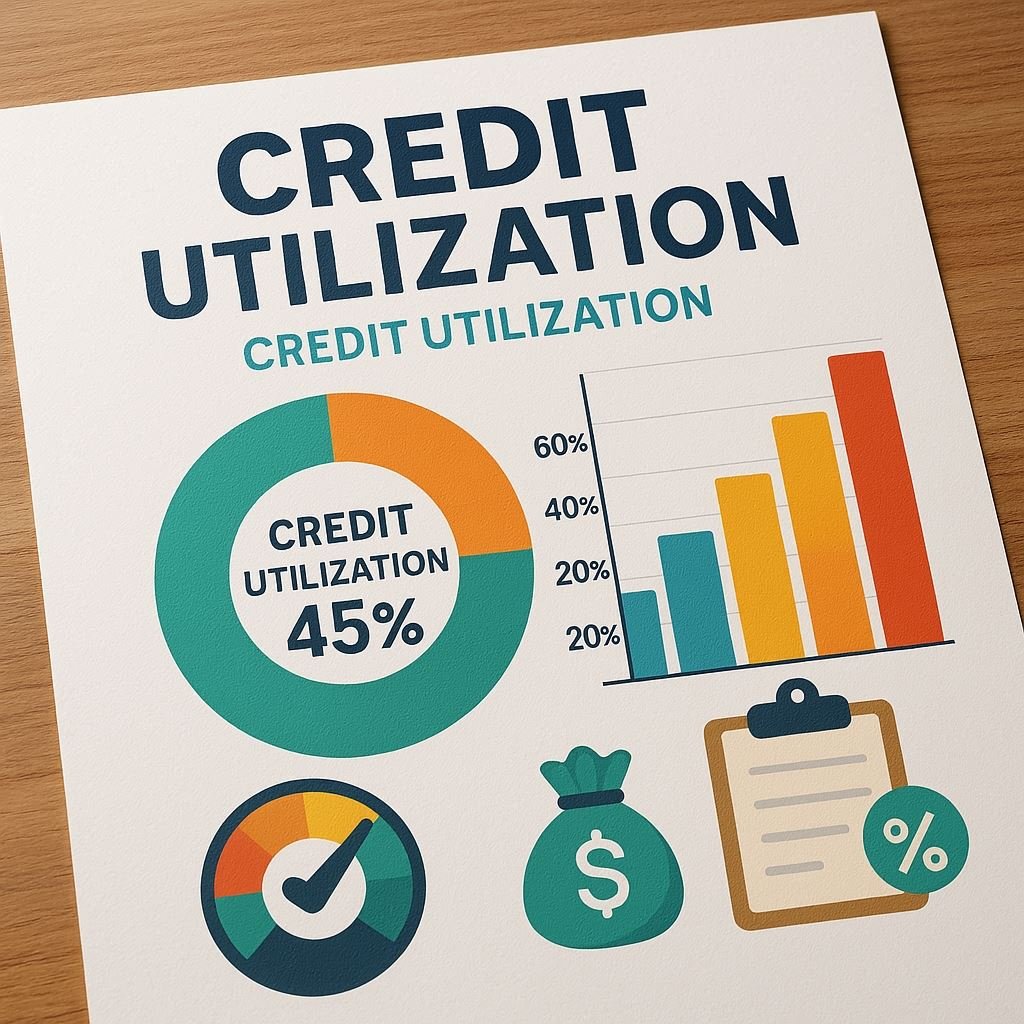Keeping track of your credit is one of the smartest financial habits you can build. Your credit report and score affect nearly every major financial decision — from getting approved for a loan, to renting an apartment, or even qualifying for certain jobs. But how often should you check your credit? The answer depends on your situation, goals, and the tools available to you.
Why Checking Your Credit Matters
- Catch errors early — Mistakes on credit reports happen. Regular monitoring helps you dispute and fix them quickly.
- Spot fraud and identity theft — If someone opens accounts in your name, you’ll see it on your reports.
- Track your progress — If you’re building or rebuilding credit, checking regularly shows how your habits are paying off.
- Prepare for big moves — Planning a mortgage or auto loan? Knowing your credit ahead of time prevents surprises.
How Often Should You Check Your Credit Reports?
You can obtain free credit reports from each of the three major bureaus (Equifax, Experian, and TransUnion). A practical approach is to rotate them so you’re looking at one report every month or every few months, giving you a steady view of your credit throughout the year.
Best practice for most people: pull at least one report every month by rotating bureaus (e.g., January: Experian, February: Equifax, March: TransUnion, then repeat). This provides near-continuous monitoring without extra cost.
If you’re dealing with identity theft, disputes, or active credit rebuilding: consider checking weekly for a while to monitor changes and verify fixes.
How Often Should You Check Your Credit Score?
Unlike reports, scores can be checked more frequently — even weekly or monthly — especially if your bank, credit card, or a free service provides them. Many services update your score whenever your underlying bureau data changes.
- If you’re actively rebuilding credit: check your score monthly to see the impact of on-time payments and lower utilization.
- If your credit is stable and no big purchases are planned: checking every 1–3 months is usually enough.
- If you suspect fraud or errors: check weekly until things stabilize.
Good news: checking your own credit never hurts your score. It’s a soft inquiry and does not affect your credit.
When to Check More Often
- You’re denied credit or quoted a much higher rate than expected.
- You notice unusual activity or possible identity theft.
- You’re planning to apply for a mortgage, auto loan, or personal loan in the next 6–12 months.
Simple Monitoring Plan (Copy This)
- Monthly: Pull one bureau’s credit report (rotate through all three).
- Monthly: Review your credit score via your bank/credit card or a free monitoring app.
- Immediately: If something looks off, place a fraud alert or freeze and file disputes.
Bottom Line
At minimum, check your credit reports monthly by rotating bureaus, and review your credit score monthly (weekly if you’re rebuilding or suspect fraud). Staying informed helps you catch issues early, protect your identity, and stay ready for your next financial goal.





